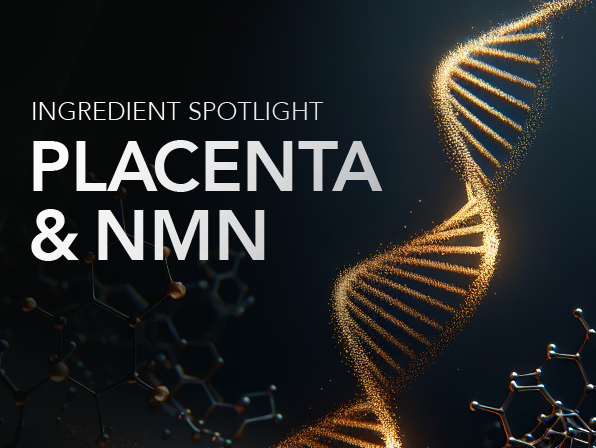Niacin
Other Names: Vitamin B3, Nicotinic Acid
Niacin, also known as Vitamin B3, is a water-soluble vitamin that facilitates energy production by metabolising carbohydrate, protein and fat.
It is involved in various bodily functions such as improving blood circulation, and supporting healthy nervous and digestive system. Studies have also shown that niacin has a role in maintaining healthy blood lipid profile by reducing LDL ('bad' cholesterol), increasing HDL ('good' cholesterol), and decreasing triglycerides level.
There are two forms: niacin and niacinamide. Niacinamide does not cause flushing so it is always labelled as 'flush free'. However, it does not possess all the same properties of niacin, such as the ability to lower cholesterol level.
Common food sources are beef liver, brewer's yeast, poultry, fish, nuts and legumes.
Symptoms of niacin deficiency include fatigue, dizziness, headaches, poor appetite, indigestion, memory loss, and pellagra (a disease characterized by 'three Ds' - dementia, diarrhea and dermatitis, mostly occurs in developing countries where food choices are not as varied). Some individuals might develop flush reaction (red rash on skin, with or without tingling sensation) after taking niacin supplement.
Stay Inspired with Health Trends

7 Secrets You Need To Stop Hiding From Your Health Advisor!

Movember Reminder – Let’s Talk Men’s Health👨🏻🦱🩺

Is Your 9-to-6 Weakening Your Bones? Here’s How To Fight Back!

Sedentary Lifestyle: The Hidden Hazard to Your Health

🏓Power Up Your Pickleball Game

Your Desk Could Be Dirtier Than A Toilet Seat 🦠

Weight Management at Work (that does not require eating salads 🥗)

The Bitter Side of Sweet: Sugar Speeds Up Ageing & Slows You Down at Work

Keep An Eye On It – Protect Your 👀 In The Digital Age

Is Your Child Driving You Crazy? Here Are 7 Supplements To Help You Stay Calm and Sane.

🌸 Happy Mother's Day

Ingredient Spotlight: Placenta and NMN

What is Revenge Sleeping Procrastination?

8 Tips For Building Mental Resilience In Your Child

7 Amazing Facts About Women

How Burned Out Are You?
